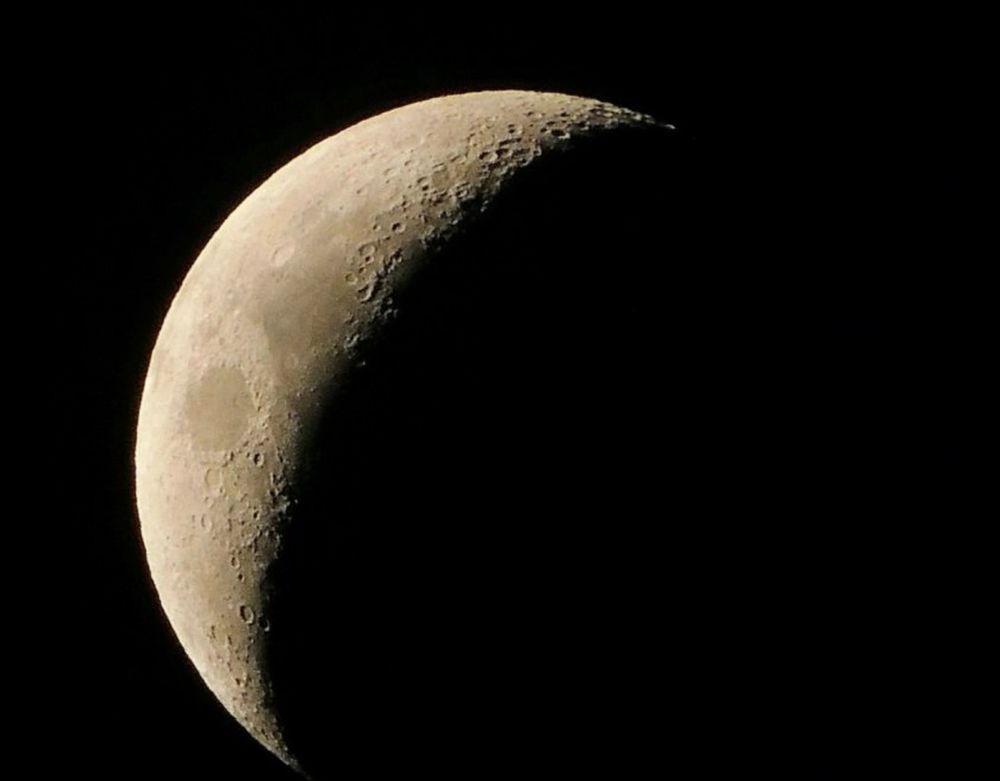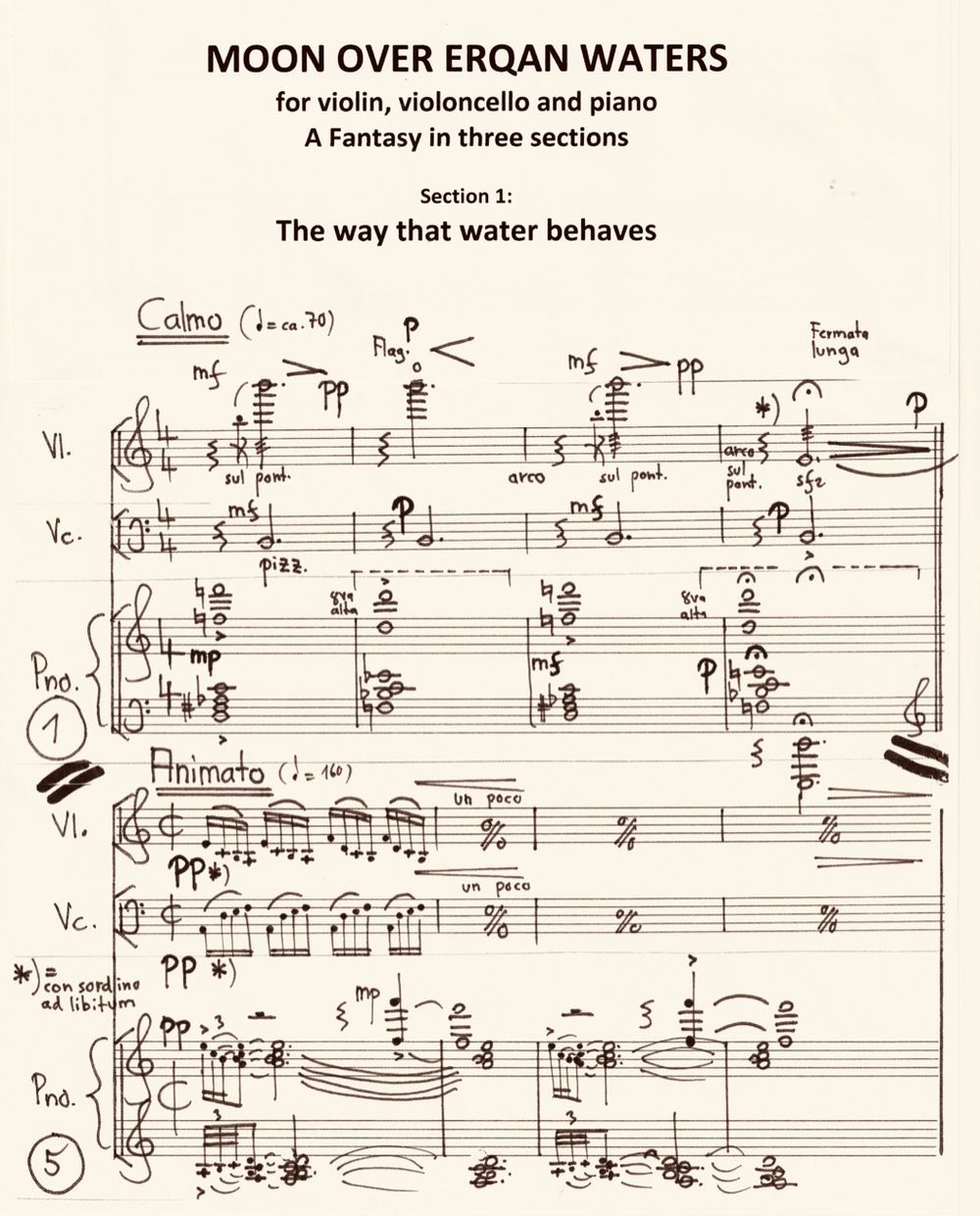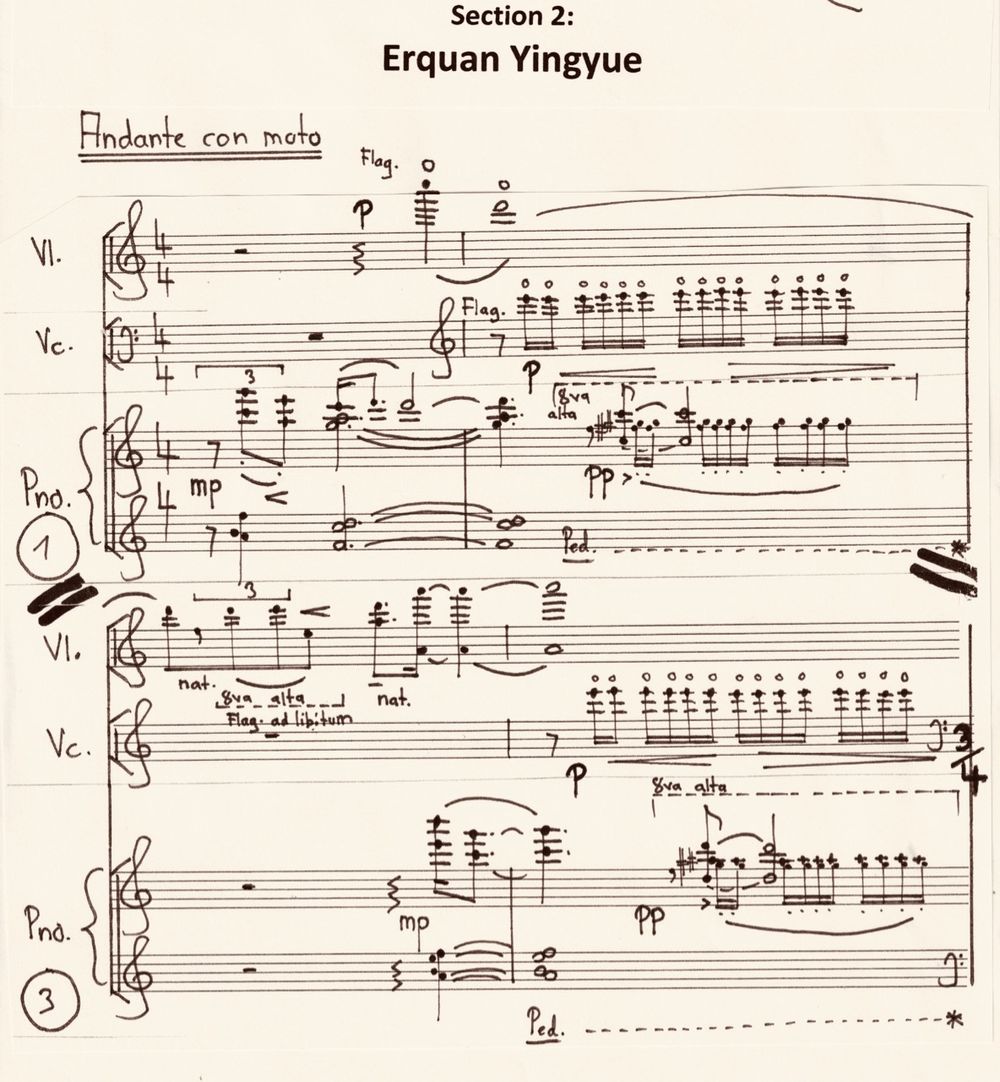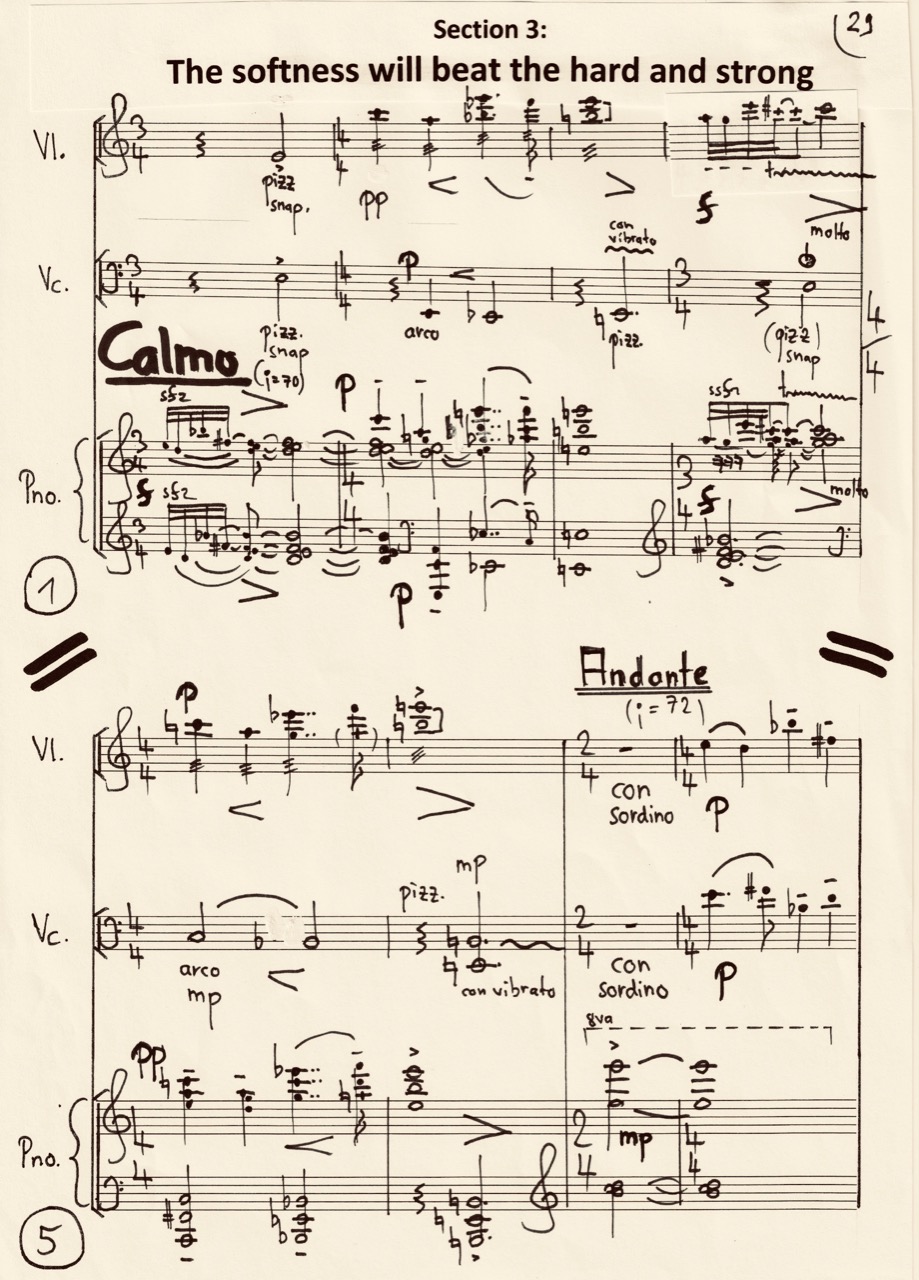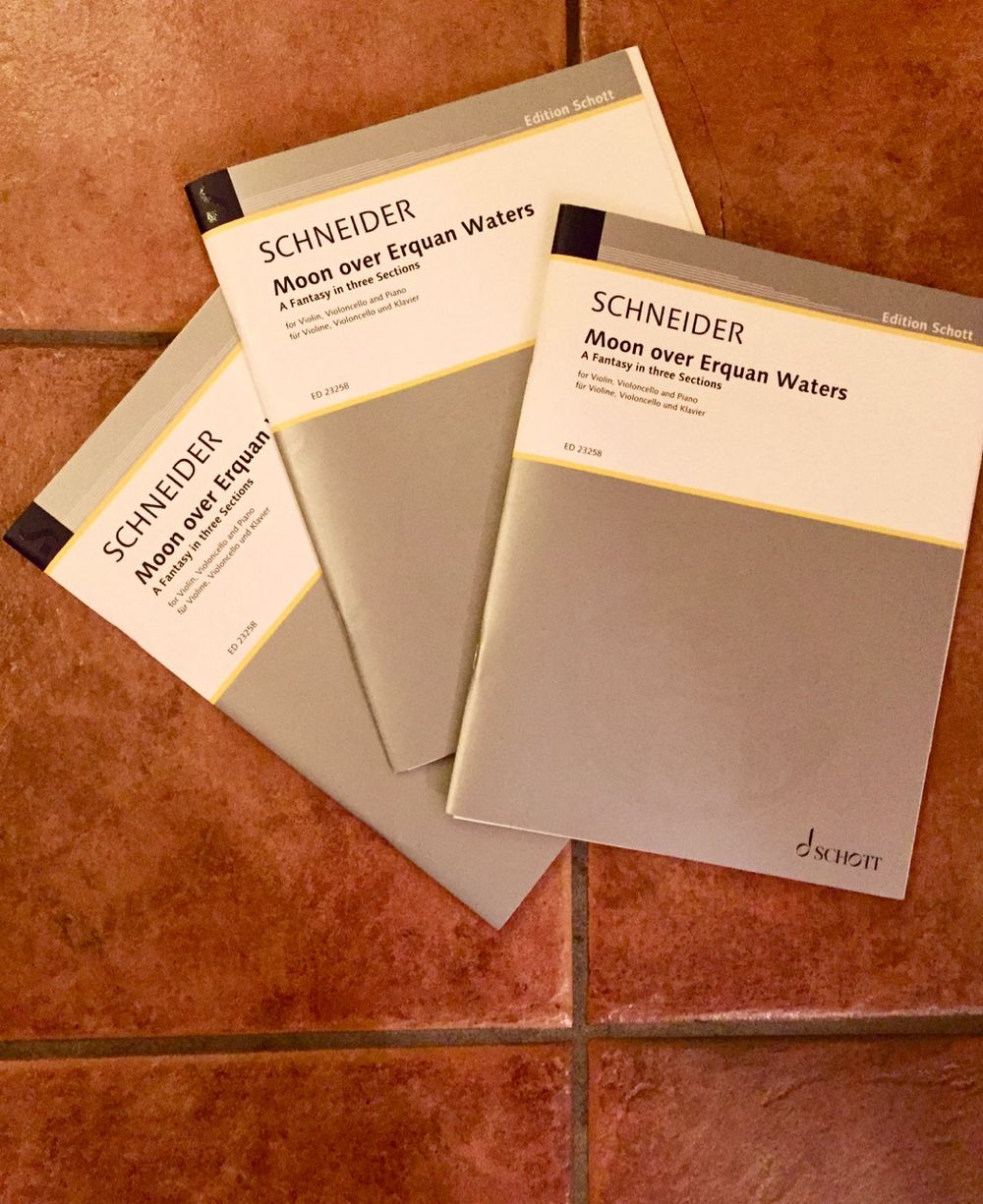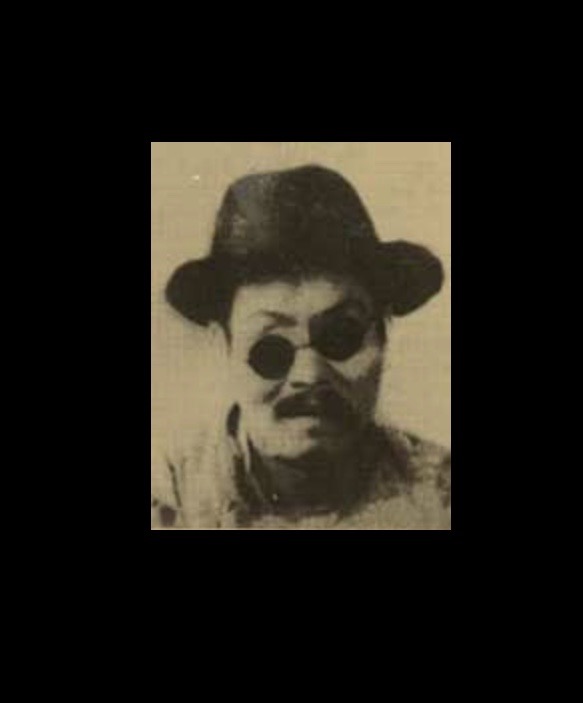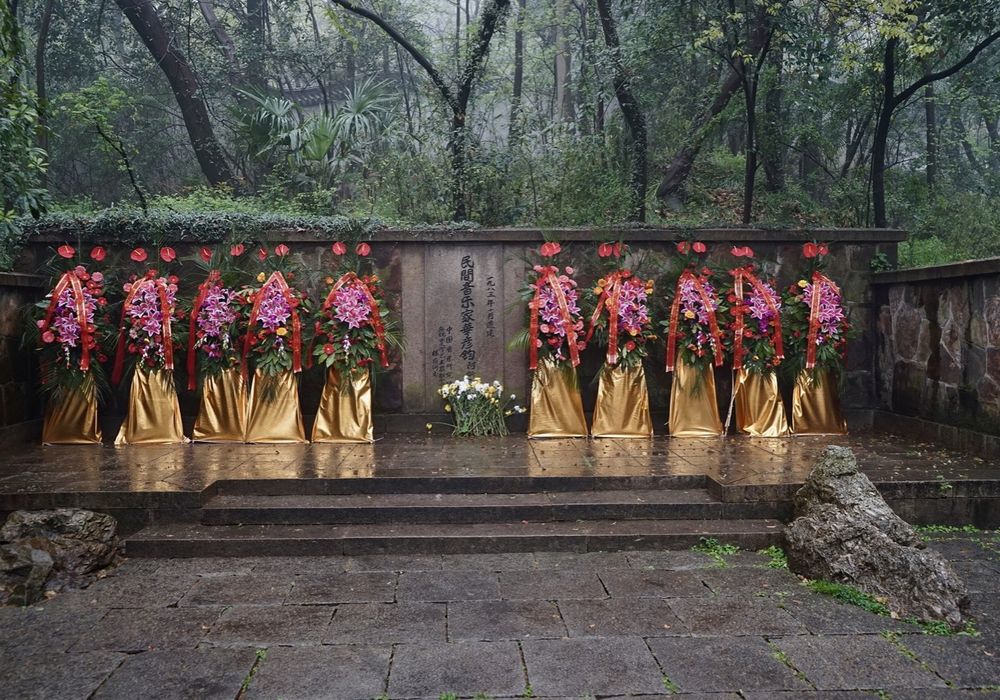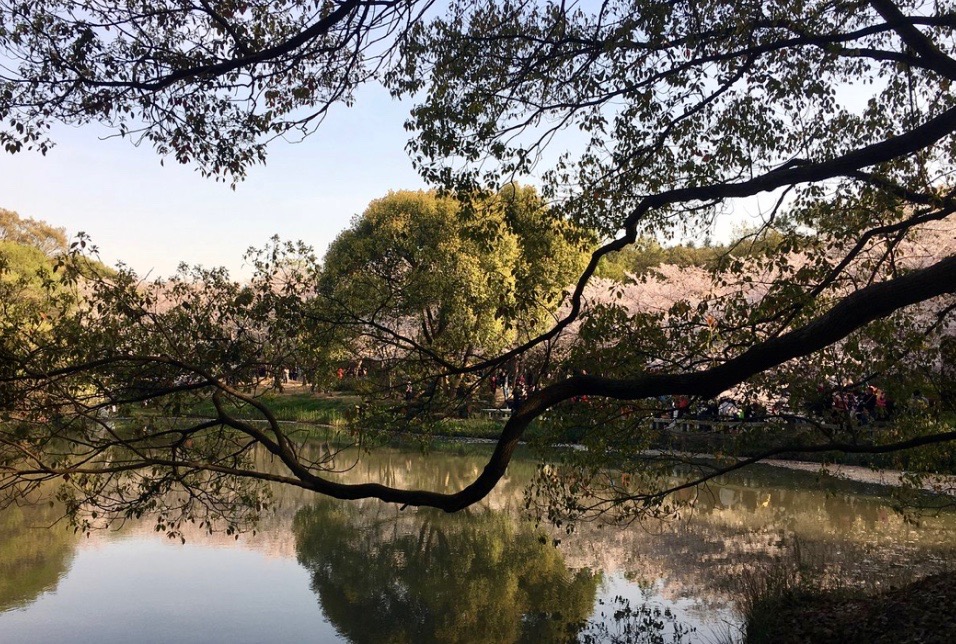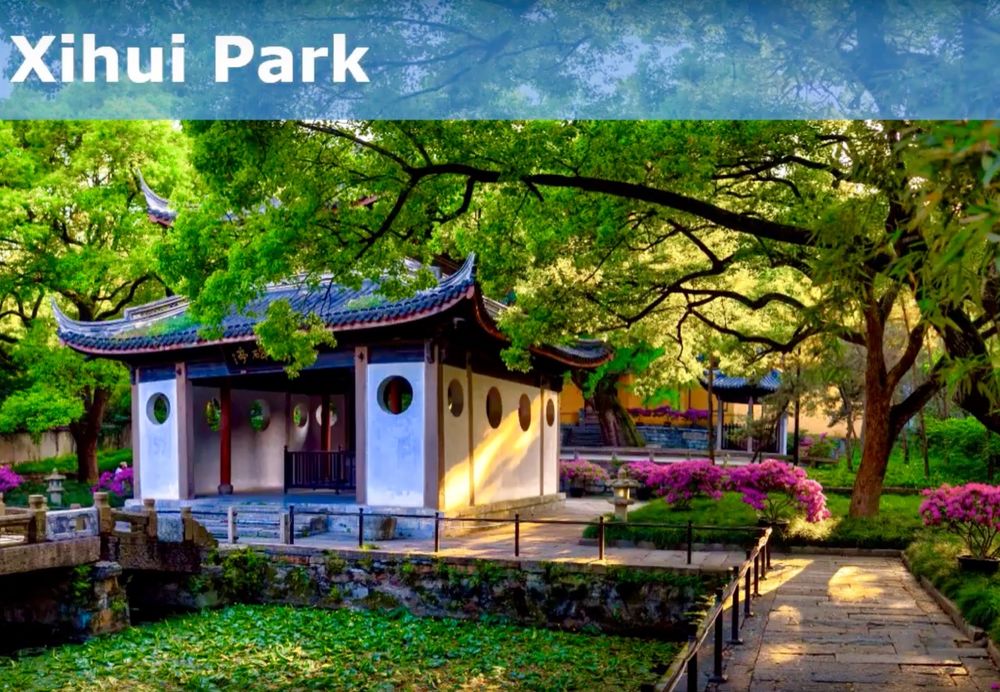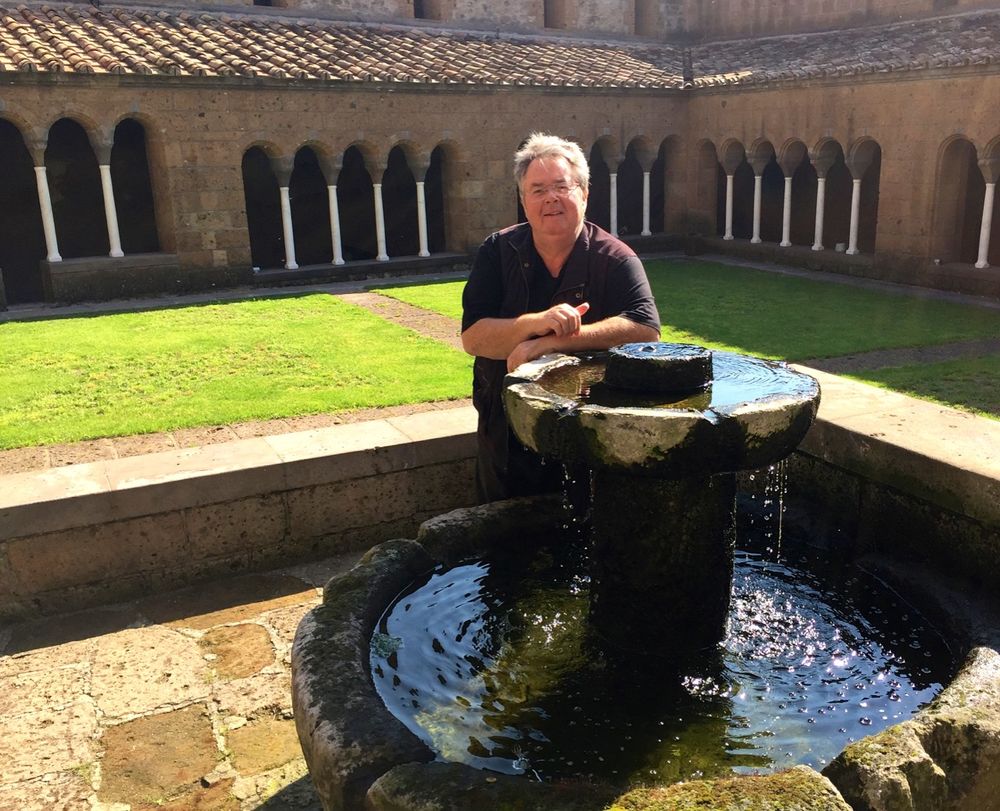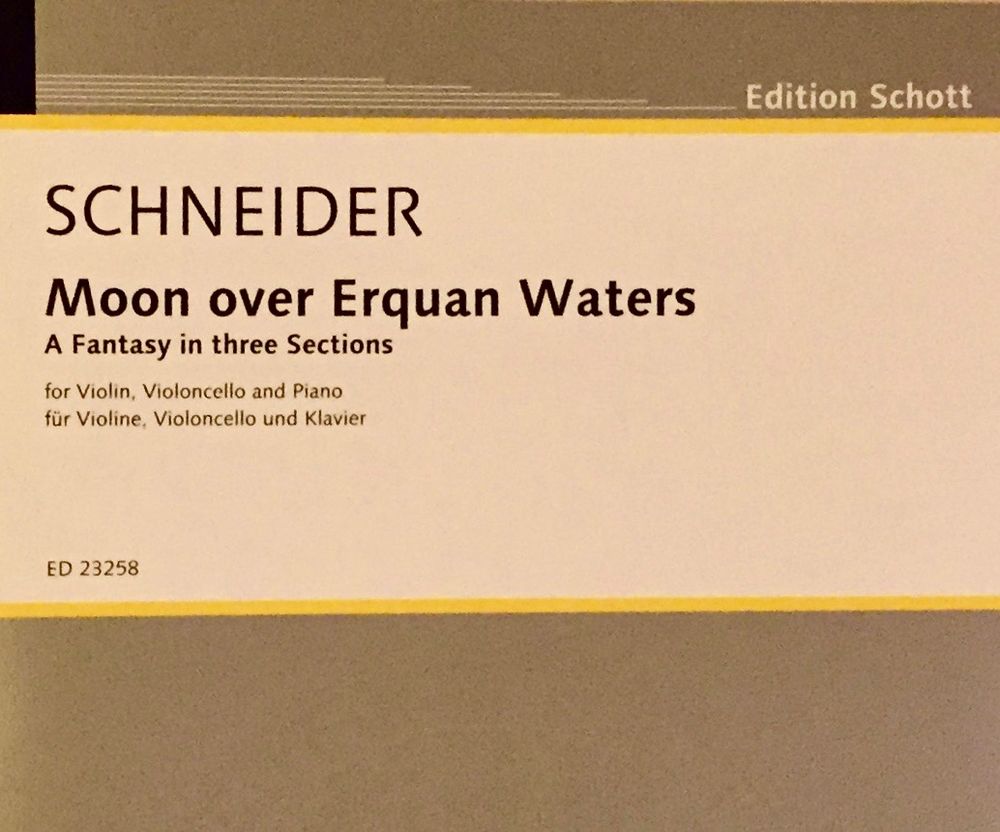
Category: Chamber Music
The maintheme “Moon reflected on the Erquan Spring” (Erquan Yingyue) was composed in 1949 by the blind Erhu player Hua Yanjun. The melody rapidly spread throughout China and became a cultural symbol throughout the world. Asian conductor Seiji Ozawa heard it in 1978 saying that "one can appreciate it only on bended knees".
“Water” is an important metaphor in the entire tradition of Daoism. Lao Tzu explains the deep meaning of Dao with the characteristics of water: it is humble, still, seeking always the lowest place, without shape. Our nature should be waterlike and close to the Dao – without exhausting and unmeaningful desires.
Movements: A Fantasy in three sections:
1: The way that water behaves
2: Erquan Yingyue
3: The softness will beat the hard and strong
Duration: 14-15 Minutes
Publisher of notes/sheet music: Schott Music Publishing , 2019
Instrumentation: violin, violoncello and piano
Solo instruments: Klavier, Violine, Violincello
Introduction: The melody in the middle section “Moon reflected on the Erquan Spring” (Erquan Yingyue) was composed 1949 by the blind Erhu player Hua Yanjun, known as A’Bing, in Wuxi (Jiangsu Province). It is a beautiful melody with a touching story behind it: his father Hua Qinghe was daoist priest and he influenced him to learn varied traditional instruments. When his father died in 1914 A’Bing developed a drug addiction and felt into poverty, with the loss of his eyesight. Every afternoon he played Erhu in a public square in Wuxi to express and to forget his poverty. He composed his famous melody beside Hui Spring, which is found today in Xihui Park. A’Bing recorded the melody in 1950 and got more and more famous: but suffering with illness he died on December 4 of that year. “Moon reflected on Erquan Yingyue” rapidly spread throughout China and became a cultural symbol throughout the world. Asian conductor Seiji Ozawa heard it in 1978 saying that "one can appreciate it only on bended knees".
“Water” is an important metaphor in the entire tradition of Daoism. Lao Tzu explains the deep meaning of Dao with the characteristics of water: it is humble, still, seeking always the lowest place, without shape. “Way-making is an easy-flowing stream, which can run in any direction”. In the first section we can experience the contrast between “the mind” which is effortlessly flowing through the lowest places, and “the ego” which is like a swimmer struggling against the flow of water to get some place which is higher than the Dao. The position of “ego” is unstable and driven by unmeaningful desires. But our nature should be waterlike and close to the Dao – without exhausting desires.
In the third section we learn, how the weakness and shapenessless put the water in a dominant place to take the control of everything. Like Lao Tzu says: “The softest of all things, drives the hardest of all things”. Water is strong because it focuses, allowing it to destroy the resistance of a rock trough its persistence.
Dedication: …dedicated to the wonderful pianist Yinjia Yu
Additional remarks: commissioned by Yinjia Yu (Piano), Shanghai
